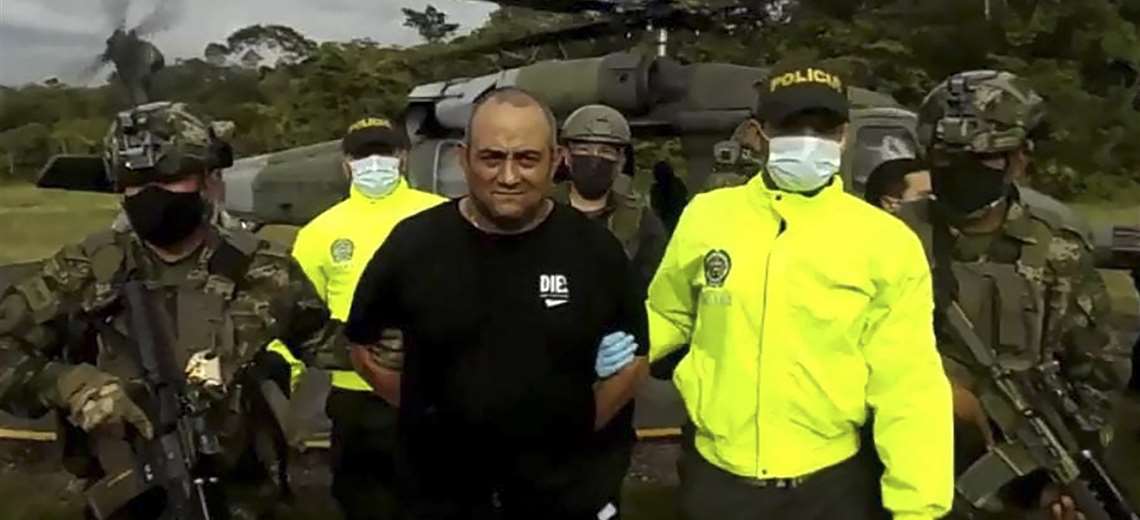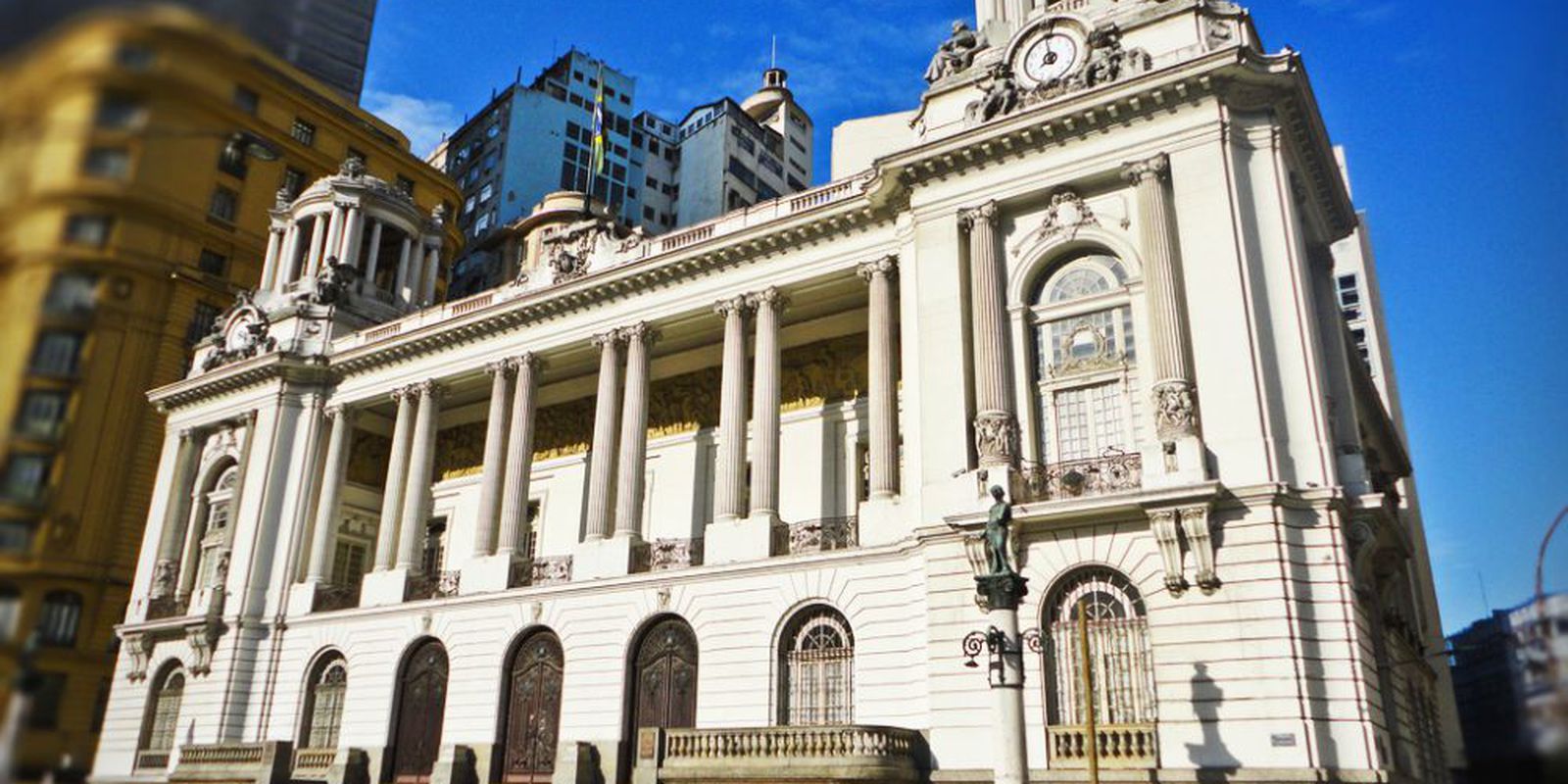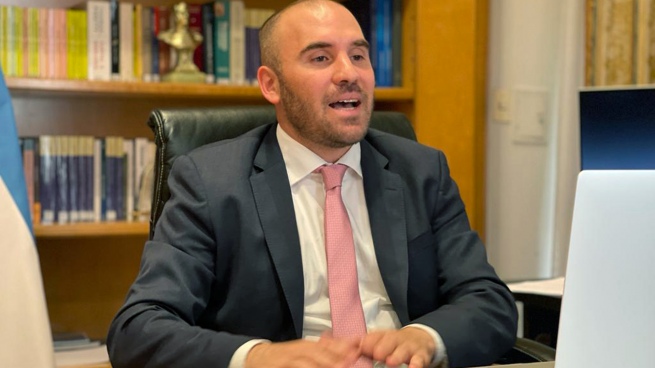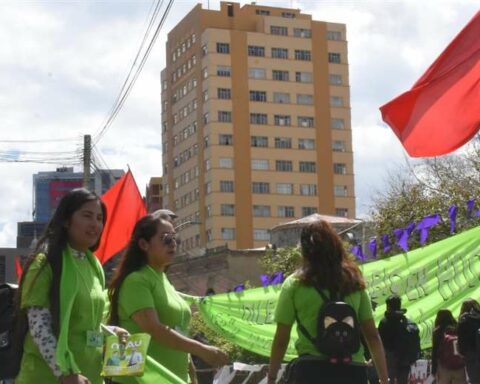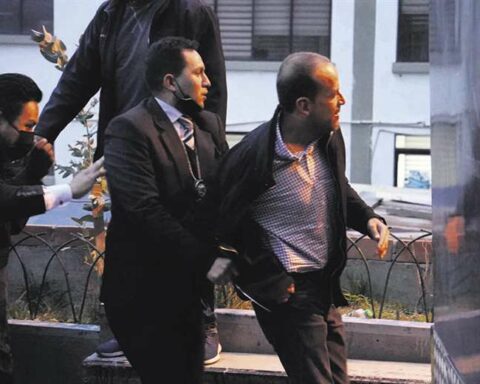At least eight deaths and hundreds of populations paralyzed at gunpoint and threats on social networks leave the onslaught launched by the gang of the extradited capo Otoniel in the middle of the campaign for the presidential elections on May 29, according to authorities.
Despite the military deployment, The Gulf Clan completed this Monday five days of “armed strike” in a vast area of northern Colombia.
Although the greatest damage has been caused on the roads, where they have burned almost 190 vehicles, the capo’s gunmen have killed eight people, including three civilians.
Also in this offensive three soldiers and two policemen have fallen. The most recent event occurred this Monday in the municipality of Santa Fe de Antioquia, where according to the army a “humanitarian caravan” escorted by troops was attacked with explosives.
“A soldier and a member of the National Police were killed” and four more members of the public force were injured, the military command reported in a statement.
In the biggest show of force by drug traffickers in recent times, the Clan del Golfo has also stopped activity in hundreds of municipalities in nine of Colombia’s 32 departments.
Through audio messages on social networks, it frightens residents by preventing them from mobilizing or any other activity, on pain of execution, according to Héctor Espinosa, governor of Sucre.
Otoniel’s traffickers have also gone out onto the roads, with small arms and rifles, to stop vehicles and set them on fire, after lowering their occupants.
Faced with the threat, towns in Antioquia, Chocó, Córdoba, Sucre and Bolívar – the most affected departments – have opted for confinement.
This Monday, President Iván Duque promised a tougher response against the organization that, According to official estimates, it moves between 30 and 60% of the cocaine produced in the country, the world’s largest supplier of that drug.
“They are going to see the deployment that they have never seen against that structure,” said Duque after a security council in Carepa, in the department of Antioquia (northwest).

